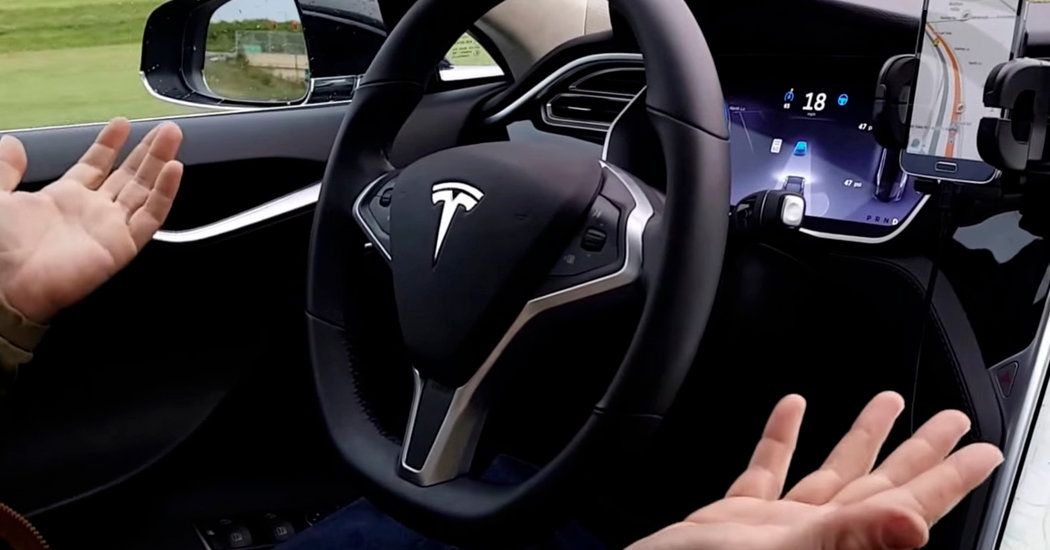Imagine a future full of electric cars where everyone’s a passenger. Where traffic is not only managed but controlled by a digital network. Where on-demand ride-sharing services have become the norm, and the only human drivers are emergency crews behind the wheel of super-fast vintage “antiques” tasked with taking down AI cars that have gone haywire.
Some of that sounds like the vision of today’s automakers, city planners, tech visionaries and the like, who all salivate at the thought of removing the human element from our roadways as much as possible. Recent developments in driverless technology are surprisingly close to the vision of autonomy portrayed in Kōsuke Fujishima’s 2000 Japanese anime series éX-Driver, which has even more to say about what could become our future in transportation.
éX-Driver follows the adventures of Lisa, Lorna, and their new teammate Sōichi as they wrangle autonomous vehicles that have run amok. These out-of-control “AI cars” endanger not only the helpless passengers inside, but other road users as well. Not looking forward to “autonomobiles”? This could be the perfect gig for you.







